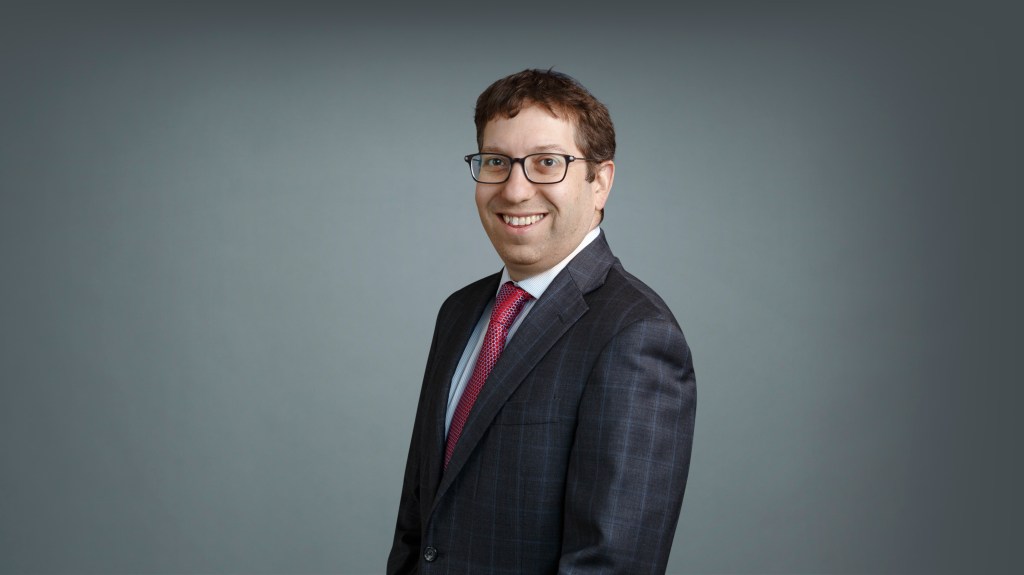Cancer diagnoses in people under the age of 50 are increasing. We are not exactly safe why, but we are seeing a particular blow to breast cancer, lymphoma and colorectal cancer cases among younger adults.
Some other cancers, such as testicular, kidneys and pancreatic, have also increased, although they are still quite strange in patients under the age of 50.
Below are several symptoms that may indicate cancer in young people.
Changes in the gut
For colon cancer, we care specifically about changes when a person goes to the bathroom.
If the stool seems different, it is darker, there is a different caliber or blood, this is a concern.
These are abnormalities that should be monitored with a medical professional.
We have monitored the increase in colorectal cancer in the United States and all over the world for the last decade. We believe that the increase is related to environmental and dietary changes, but we have not yet indicated the exact cause.
Involuntary weight loss
People with cancer could suffer from involuntary weight loss, early satiety (to feel full quickly when eaten), a change in energy levels or a change in sleep patterns.
These are very general things and usually they do not mean cancer, but sometimes they could be the first sign that something goes wrong.
The highlight of these symptoms is involuntary weight loss. People usually do not lose weight without effort.
If someone loses weight unwittingly or realizing that they no longer want to eat, they should talk to their health care provider.
Lumps or abnormalities
One of the most common cancers in people under 50 is breast cancer.
Often, a person detects an abnormality, such as a piece, a change in the color of the skin or the unloading of breast.
Another common cancer among young people, although not a common cancer in general, is testicular cancer. Sometimes a man will feel a hole or abnormality in his testicle. If it is painful or not, you should look for medical attention.
Leather injuries
The first signs of melanoma or other types of skin cancer can be manifested as abnormality on the skin.
Anything new or changing should cause a follow -up.
Unusual bleeding
There are other types of abnormal bleeding in addition to blood in the stool.
For example, blood in the urine can be an early sign of a problem in the bladder or the kidneys.
Vaginal bleeding or hemorrhage after relationships of relationships could indicate cervical cancer or even endometrial cancer and should be reviewed.
The good news is that cervical cancer has become less common in younger adults.
Sweat at night
Finally, we are concerned if anyone has nocturnal sweat or unexplained shivers or chills. This could be a sign of something that is made in the lymphatic system, such as lymphoma, or could indicate something else.
The swelling in the glands, including under the armpits or where the lymph nodes are found, should be considered -without a doubt.

Other symptoms
- Easy bruise, frequent infections, or fatigue could be signs of leukemia, childhood cancer.
- Pain, broken bones or other discomfort may indicate a sarcoma.
- Vision changes, headaches or pain in the back could indicate brain or spinal cord cancers.
- Involuntary weight loss, stomach pain, pain in the back and sometimes jaundice, where skin becomes a little yellowish and urine darkens – can mean pancreatic cancer, a rare disease that becomes more common in people under 50.
How to reduce the risk of cancer
Some of the things that people can do to reduce the risk of cancer are to improve their diet, quit and increase exercise, as well as follow symptoms and complete cancer projections for their age group.
Women under the age of 50 should get a mammogram to check breast cancer and a pap frotis on screen for cervical cancer.
A colonoscopy is recommended for detecting colon cancer for all 45 years old.
Prostate cancer screening is recommended for certain men.
Tyroid and blood cancers can be encouraged if a person has a family background.
It can be scared of symptoms of cancer and it is worrying that cancer rates increase among adults under the age of 50.
However, we understand many of the risk factors of these cancers and have many ways to select them.
We have been very successful in reducing the incidence of cancer in people over 50, so we are optimistic that with focused research, more widespread screening and early intervention, we can also reduce the risk of cancer between people under 50.
Paul E. Obstein, MDHe is a medical oncologist and the service chief of the Gastrointestinal Medical Oncology Program of the NYU Langone Perlmutter Cancer Center. He is also the Deputy Director of the Perlmutter Cancer Center Cancer Cancer Center. It specializes in the treatment of patients with cancers of the gastrointestinal tract, including stomach, pancreatic, colorectal, biliary duct and liver cancers.
#doctor #care #common #symptoms #cancer #people
Image Source : nypost.com
